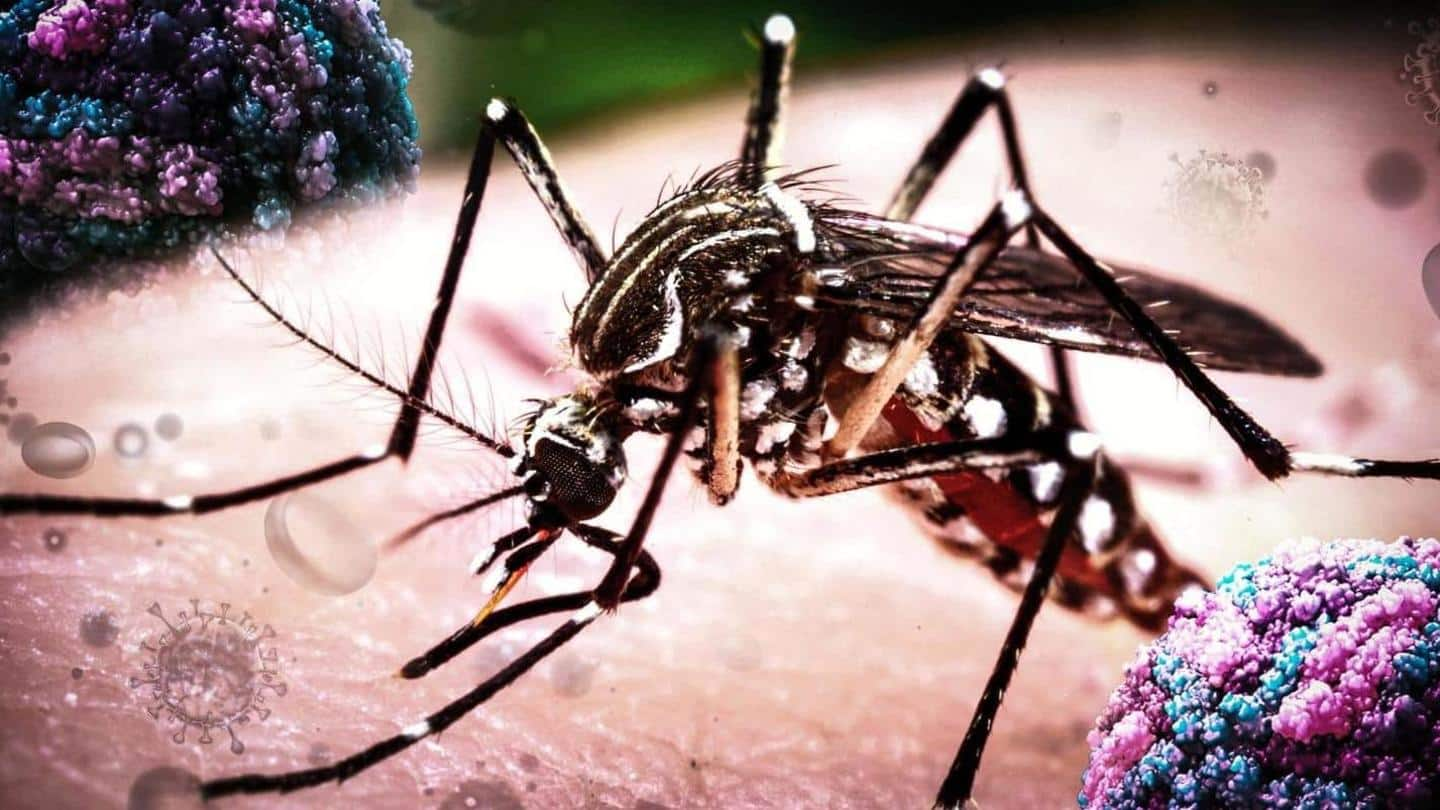
Zika reaches Maharashtra: What is it? How to prevent infections?
What's the story
Maharashtra has confirmed its first case of the Zika virus after a 50-year-old woman from Pune tested positive. Previously, 60 people had tested positive for the virus in Kerala. Diagnosis of the disease is tricky since a lot of the symptoms are similar to COVID-19. The development has caused worry since India is already reeling under the impact of the COVID-19 pandemic.
Maharashtra
Maharashtra patient has already recovered
The first case in Maharashtra involves a 50-year-old woman from the Purandar tehsil in the Pune district. She had been admitted to the Belsar primary health center. She has since recovered and has returned home. Reportedly, none of her family members contracted the infection. Five samples were sent for testing, however, only one was found positive for Zika, which is transmitted by mosquitoes.
Zika
What is Zika? How is it transmitted?
The disease is mainly transmitted through the bite of an infected Aedes mosquito, but it can also be transmitted through unprotected sex. First detected in 1947 in Uganda, the disease has since reached Africa, the Americas, Asia, and the Pacific. The symptoms include fever, headache, joint pain, muscle pain, conjunctivitis, etc. The symptoms are usually mild and could last for two to seven days.
Information
Work underway to identify Zika strain
National Institute of Virology (NIV) experts said work was underway to understand which Zika strain was circulating in India. The first case was reported in 2017 in Gujarat. Later, cases were reported in Tamil Nadu, and in 2018, cases emerged in Rajasthan and Madhya Pradesh.
Prevention
How can we prevent infections?
The prevention of mosquitoes and their breeding is a key method to stem the spread of the Zika virus disease. Containers that hold water where mosquitoes breed need to be removed. Keeping water containers clean and covering them is important. Spraying of insecticides is also recommended to ensure that the populations of vector mosquitoes remain limited.